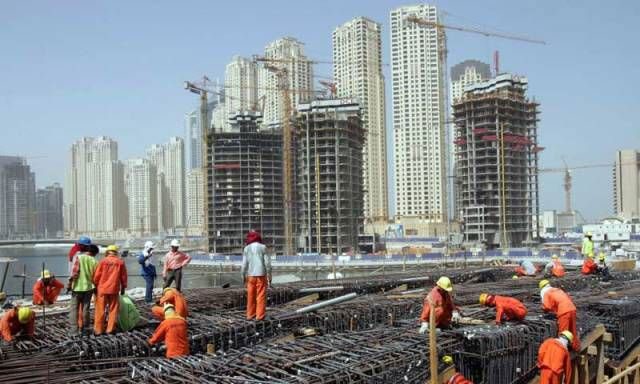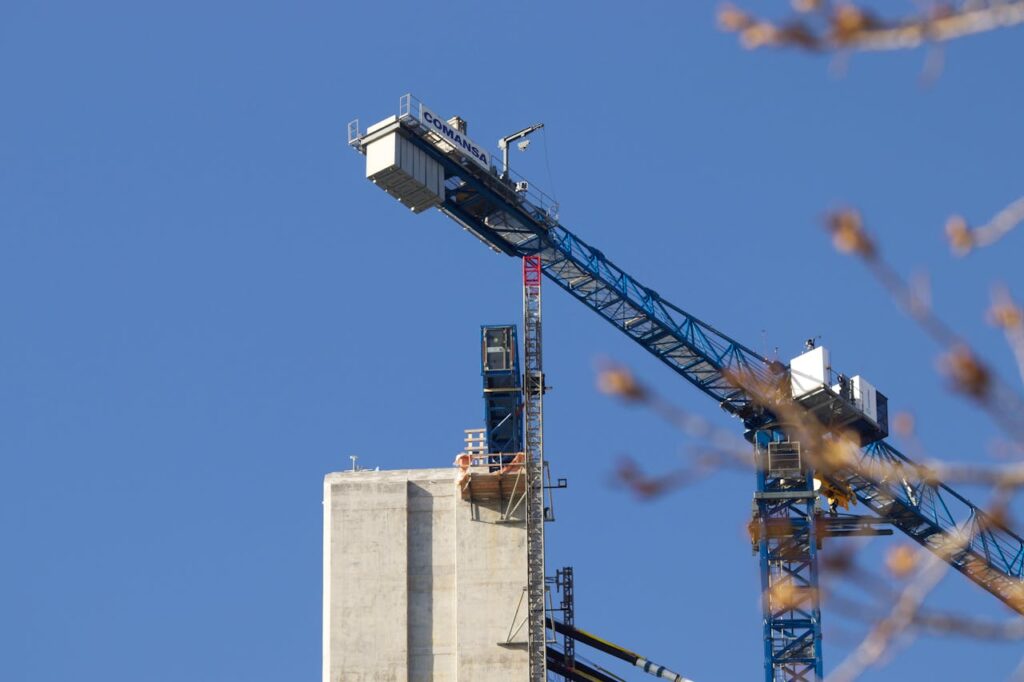How to Secure Construction Contract in Qatar? Securing construction contracts in Qatar involves understanding the market, complying with regulations, and building strong local relationships. Here’s a comprehensive guide to help you navigate this process:

1. How to Secure Construction Contract in Qatar? You need Understand the Market
Market Research
- Industry Analysis: Familiarize yourself with the construction industry trends in Qatar, focusing on sectors such as real estate, infrastructure, and oil and gas.
- Competitor Analysis: Identify major players and their market shares. Learn from their strategies and identify gaps or niches.
Opportunities and Risks
- Government Projects: Qatar’s National Vision 2030 outlines significant infrastructure and development projects.
- Legal and Regulatory Environment: Be aware of the legal framework governing construction contracts, such as the Qatari Civil Code and local regulations.
2. Build a Local Presence
Local Partnership
- Joint Ventures: Partnering with a local company can enhance credibility and local knowledge.
- Subcontracting: Work with local subcontractors to fulfill specific project requirements.
Establishing a Business
- Commercial Registration: Obtain a commercial registration through the Ministry of Commerce and Industry (MOCI).
- Qatar Financial Centre (QFC): Consider setting up in the QFC for regulatory and tax benefits.
- Free Zones: Explore setting up in Qatar’s Free Zones for incentives like 100% foreign ownership.

3. Compliance and Legalities
Legal Compliance
- Licenses and Permits: Ensure you have the necessary licenses and permits, such as a building permit from the Ministry of Municipality and Environment.
- Labor Laws: Comply with local labor laws regarding worker safety, welfare, and employment contracts.
Tendering Process
- Prequalification: Register as a qualified contractor with relevant governmental bodies.
- Bidding: Submit bids through platforms like the Qatar e-Government Procurement Portal (Monaqasat).
4. Develop Competitive Proposals
Understanding Client Needs
- Technical Requirements: Align your proposal with the technical specifications and requirements outlined in the tender documents.
- Financial Aspects: Offer competitive pricing while ensuring project viability and profitability.
Proposal Quality
- Project Plan: Provide a detailed project plan, including timelines, resource allocation, and risk management strategies.
- Past Experience: Highlight your previous experience, especially similar projects in Qatar or the region.
5. Networking and Relationship Building
Local Networks
- Industry Events: Attend local construction and infrastructure events to network with potential clients and partners.
- Professional Associations: Join local chambers of commerce and industry associations.

Government Relations
- Local Government Contacts: Develop relationships with local government officials and departments involved in construction.
- Influencers: Engage with key stakeholders and influencers in the construction sector.
6. Quality and Compliance
Health, Safety, and Environment (HSE)
- Safety Standards: Adhere to international and local safety standards to ensure the well-being of workers and project integrity.
- Environmental Compliance: Follow environmental regulations and sustainability practices.
Quality Control
- Project Management: Implement robust project management practices to maintain quality, meet deadlines, and manage costs.
- Certifications: Obtain relevant certifications such as ISO 9001 for quality management systems.
7. Financial Management
Funding and Capital
- Financial Planning: Develop a solid financial plan to manage costs and cash flow.
- Local Financing: Explore local financing options such as loans from Qatari banks or government grants.
Currency and Payment
- Currency Exchange: Manage risks related to currency fluctuations.
- Payment Terms: Negotiate favorable payment terms in your contracts to ensure timely cash flow.

8. Maintain Compliance and Ethics
Ethical Practices
- Anti-Bribery: Adhere to anti-bribery laws and maintain ethical practices in securing contracts.
- Transparency: Ensure transparency in all dealings with clients, partners, and government entities.
Dispute Resolution
- Legal Support: Have access to local legal expertise for handling disputes and contract issues.
- Arbitration: Familiarize yourself with arbitration options in Qatar, as many contracts prefer arbitration over litigation.
Resources and Links
- Qatar Ministry of Commerce and Industry (MOCI)
- Qatar National Vision 2030
- Qatar Financial Centre (QFC)
- Qatar Tender Portal (Monaqasat)
By following these steps, you can effectively position your company to secure construction contracts in Qatar, navigate regulatory requirements, and build a strong local presence.
You may be interested to read: What is the difference between abrasive blasting and sandblasting?
